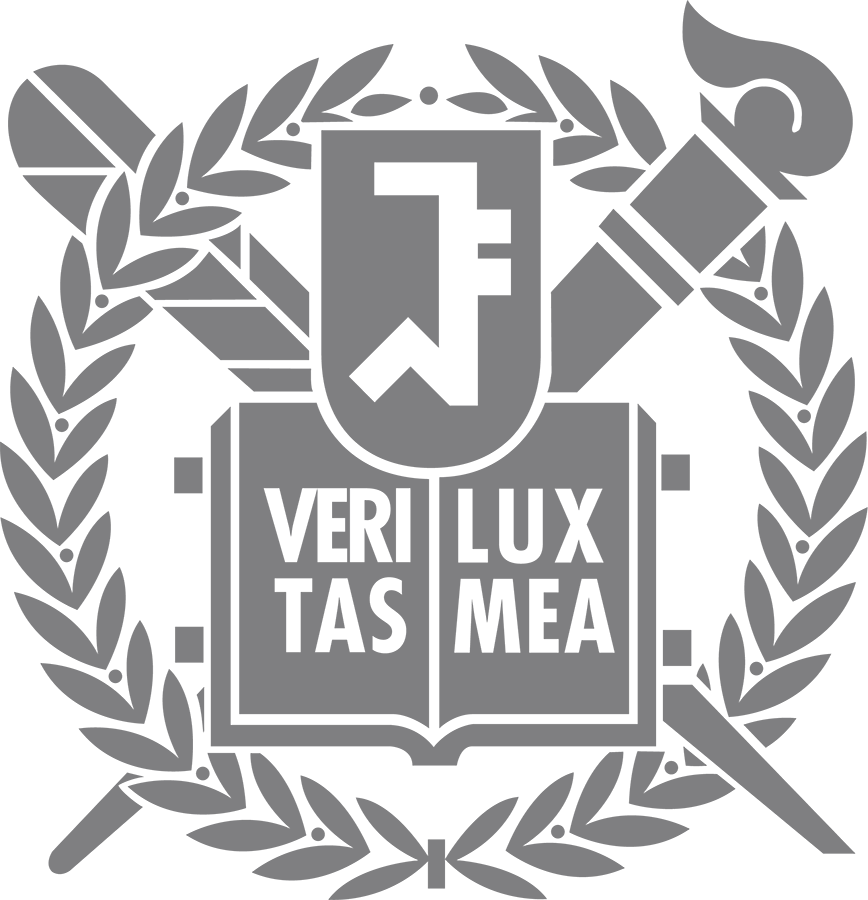Seminar and Event
[세미나] Wolfram Burgard 교수
Seminar Date
2011-10-20
Author
박지혜
Date
2011-10-20
Views
1874
제목: Probabilistic Techniques for Mobile Robot Navigation
일시: 2011년10월28일(금), 오후11:00-12:00
장소: 서울대학교 302동308호
연사: Prof. Wolfram Burgard, University of Freiburg, Germany
약력:
Wolfram Burgard is a full professor for computer science at the University of Freiburg, Germany where he heads the Laboratory for Autonomous Intelligent Systems. He received his Ph.D. degree in computer science from the University of Bonn in 1991. His areas of interest lie in artificial intelligence and mobile robots. In the past, Wolfram Burgard and his group developed several innovative probabilistic techniques for robot navigation and control. They cover different aspects such as localization, map-building, path-planning, and exploration. For his work, Wolfram Burgard received several best paper awards from outstanding national and international conferences. In 2009, Wolfram Burgard received the Gottfried Wilhelm Leibniz Prize, the most prestigious German research award. Recently, Wolfram Burgard received an Advanced Grant from the European Research Council.
Abstract:
Probabilistic approaches have been discovered as one of the most powerful approaches to highly relevant problems in mobile robotics including robot state estimation and localization. Major challenges in the context of probabilistic algorithms for mobile robot navigation lie in the questions of how to deal with highly complex state estimation problems and how to control the robot so that it efficiently carries out its task. In this talk, I will discuss both aspects and present recently developed techniques for efficiently learning a map of an unknown environment with a mobile robot using particle filters. I will also describe how the complexity of this state estimation problem can be reduced by actively controlling the vehicle. For all algorithms I will present experimental results that have been obtained with mobile robots in real-world environments. I will conclude the presentation with a discussion of open issues and potential directions for future research.
(초청자: 컴퓨터공학부 장병탁교수님)
일시: 2011년10월28일(금), 오후11:00-12:00
장소: 서울대학교 302동308호
연사: Prof. Wolfram Burgard, University of Freiburg, Germany
약력:
Wolfram Burgard is a full professor for computer science at the University of Freiburg, Germany where he heads the Laboratory for Autonomous Intelligent Systems. He received his Ph.D. degree in computer science from the University of Bonn in 1991. His areas of interest lie in artificial intelligence and mobile robots. In the past, Wolfram Burgard and his group developed several innovative probabilistic techniques for robot navigation and control. They cover different aspects such as localization, map-building, path-planning, and exploration. For his work, Wolfram Burgard received several best paper awards from outstanding national and international conferences. In 2009, Wolfram Burgard received the Gottfried Wilhelm Leibniz Prize, the most prestigious German research award. Recently, Wolfram Burgard received an Advanced Grant from the European Research Council.
Abstract:
Probabilistic approaches have been discovered as one of the most powerful approaches to highly relevant problems in mobile robotics including robot state estimation and localization. Major challenges in the context of probabilistic algorithms for mobile robot navigation lie in the questions of how to deal with highly complex state estimation problems and how to control the robot so that it efficiently carries out its task. In this talk, I will discuss both aspects and present recently developed techniques for efficiently learning a map of an unknown environment with a mobile robot using particle filters. I will also describe how the complexity of this state estimation problem can be reduced by actively controlling the vehicle. For all algorithms I will present experimental results that have been obtained with mobile robots in real-world environments. I will conclude the presentation with a discussion of open issues and potential directions for future research.
(초청자: 컴퓨터공학부 장병탁교수님)

